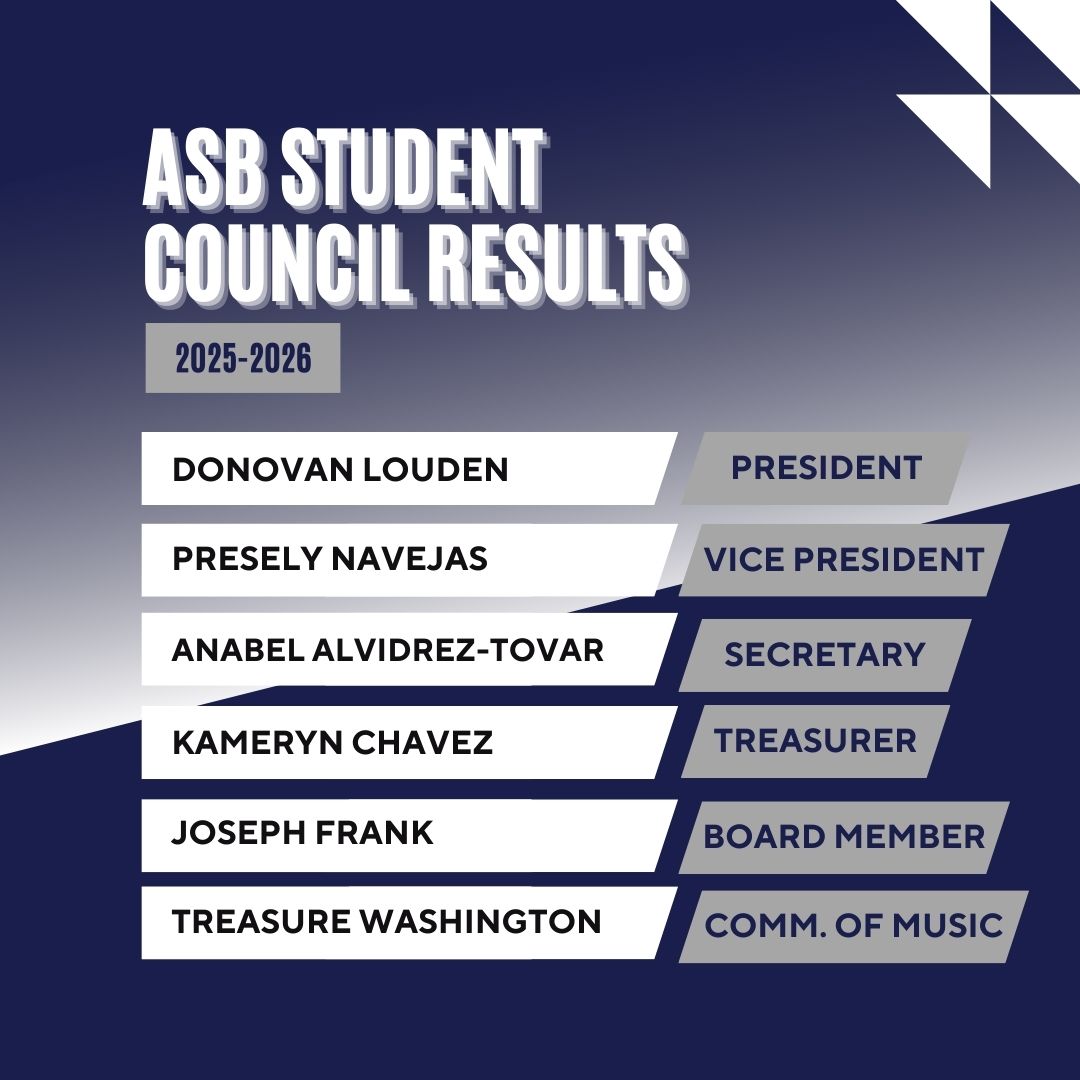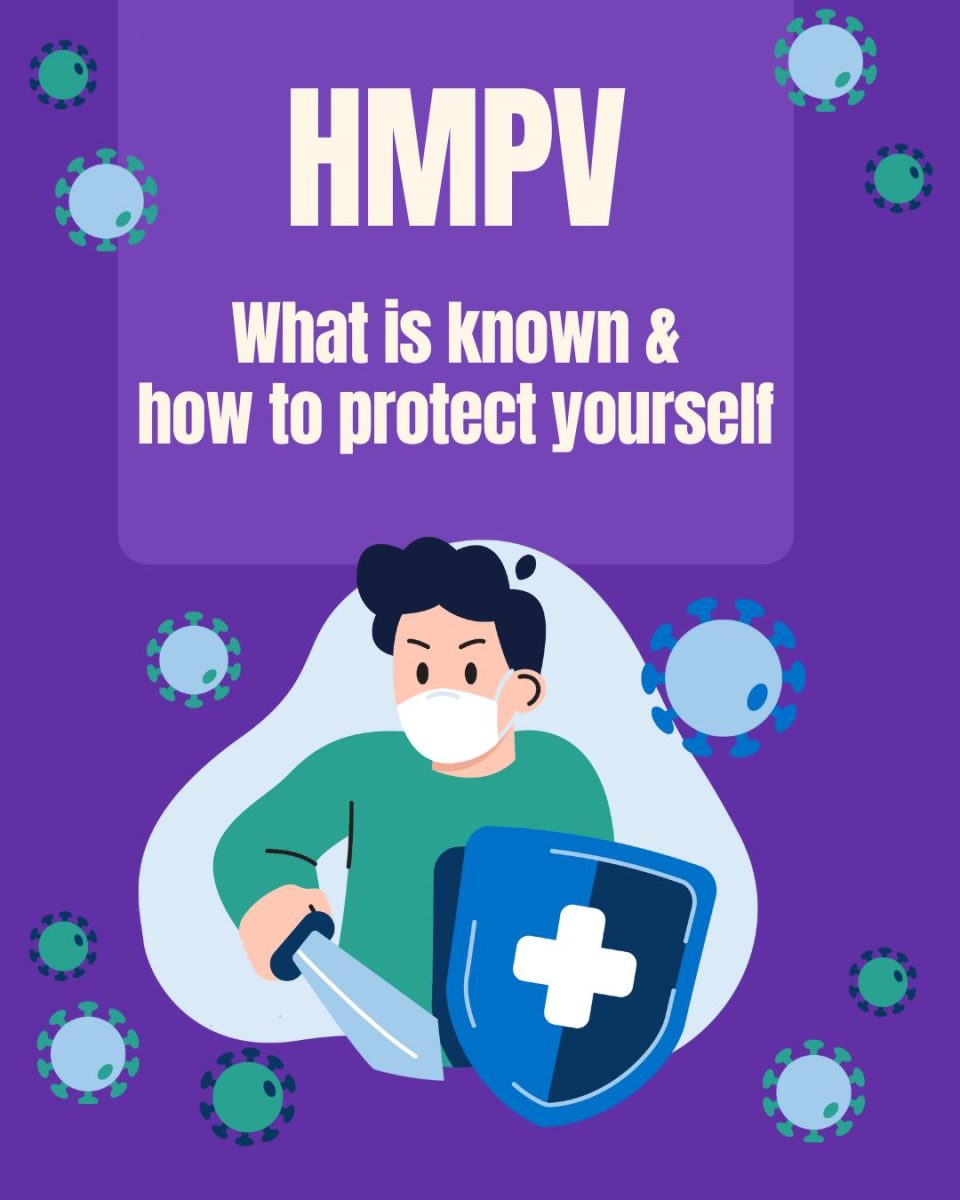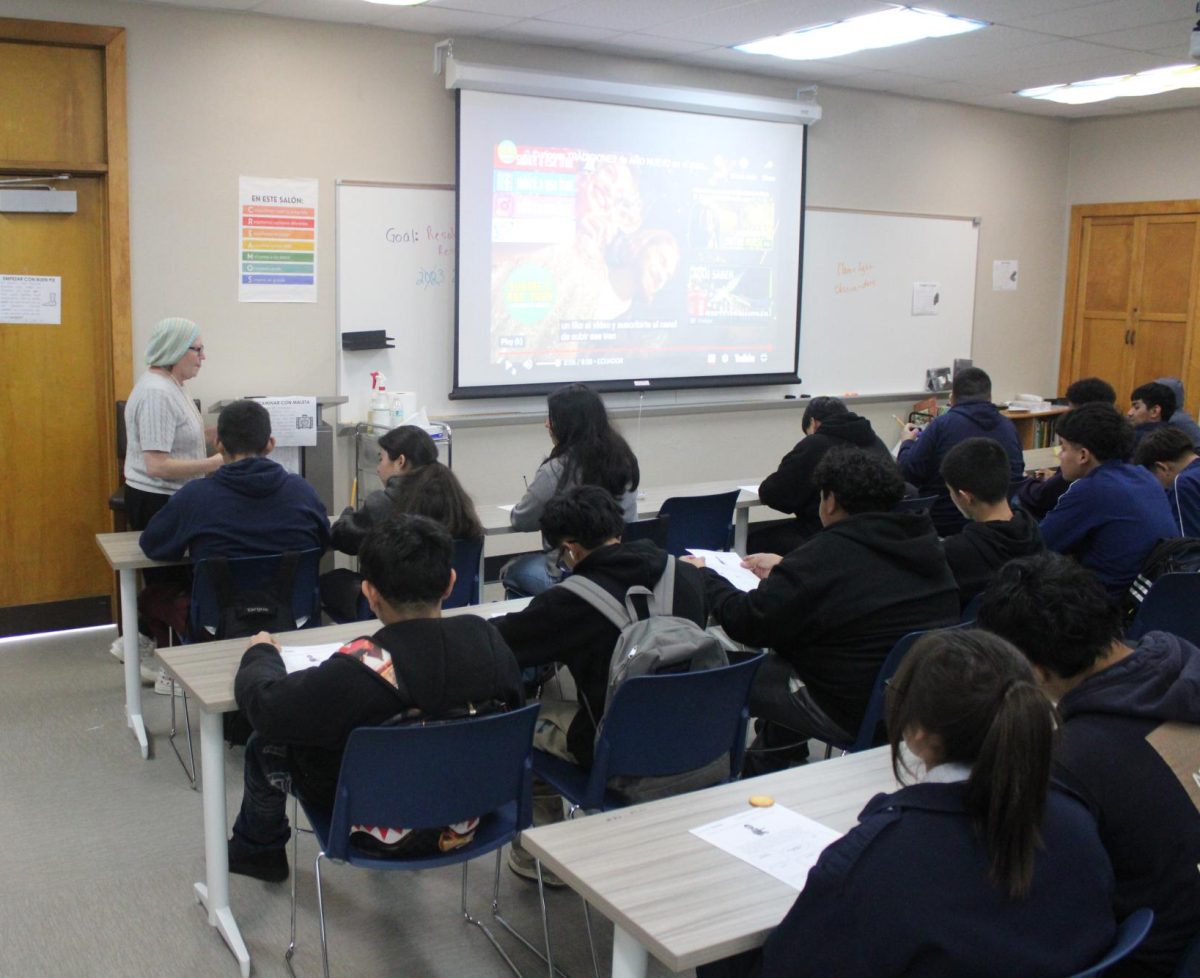Recent reports have highlighted an increased presence of U.S. Border Patrol agents operating within Bakersfield. This rise in activity is part of broader efforts to bolster immigration enforcement, but it has raised concerns and questions for residents and local communities. Here’s a breakdown of the situation and the rights of individuals who might be stopped or questioned by Border Patrol officers.
Increased Border Patrol Activity
The U.S. Border Patrol, a division of the U.S. Customs and Border Protection, has expanded its operations in and around Bakersfield as part of efforts to combat illegal immigration. While the city is located far from the U.S.-Mexico border, the agency has been known to operate beyond its typical jurisdiction, conducting checkpoints and patrols within interior areas.
In some cases, Border Patrol agents may have set up traffic checkpoints on highways and roads, or conduct random searches for individuals suspected of being in the country unlawfully. These activities are part of broader federal immigration enforcement priorities and are especially noticeable in cities like Bakersfield, where immigrant communities make up a significant portion of the population.
For individuals who feel their rights have been violated or who are concerned about their legal standing, there are local advocacy organizations and legal services available to help. The ACLU and other civil rights organizations are often at the forefront of protecting the rights of individuals in these situations, and they can offer support if someone feels they have been unfairly targeted.
Public Reaction and Community Concerns
The increased Border Patrol presence in Bakersfield has sparked debate among residents. For some, enhanced security efforts are seen as a necessary part of maintaining safety and enforcing immigration laws. However, for others, these practices have raised concerns about racial profiling and the effects on immigrant families who may fear interactions with law enforcement.
Community leaders and immigrant advocacy groups have raised alarms about the potential for widespread fear and disruption within Bakersfield’s immigrant communities. Some are concerned that these actions could undermine public safety, as individuals may become hesitant to report crimes or cooperate with local authorities due to fears of being detained or questioned about their immigration status.
Looking Ahead
As Border Patrol’s presence in Bakersfield continues, it remains to be seen how this will impact local communities and how residents will respond to heightened security measures. Awareness of your rights, as well as ongoing dialogue between local authorities, residents, and immigration advocacy groups, will be key in addressing the concerns raised by these developments.
For now, individuals should remain informed about their rights when interacting with Border Patrol agents and seek legal counsel if necessary. Understanding the balance between national security concerns and protecting the rights of residents is critical as this issue continues to evolve.
This is a developing story.









Johnny • Jan 18, 2025 at 11:44 am
So there rounding up the people that boost their economy here [racism sensor]. They should do a strike all California to show the power they have then national strike then we will see who going take those backbreaking jobs it’s brewing ready to boiling over let’s thank racist [explicit] trump this isn’t” The Apprentice” you deranged [explicit] Can’t anyone else see this